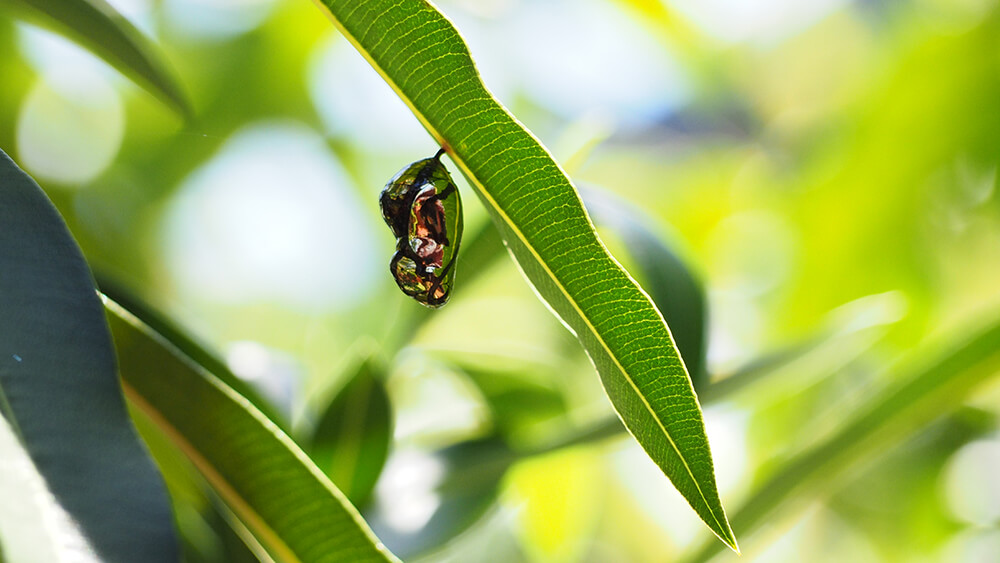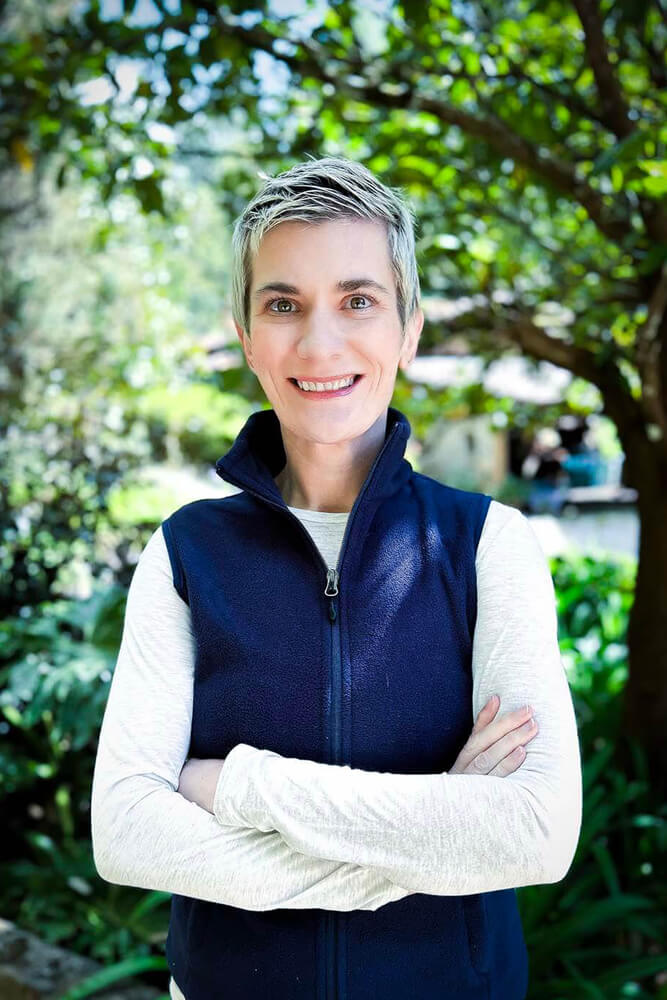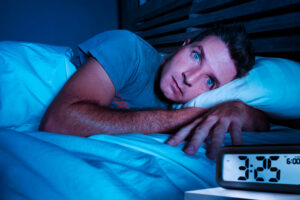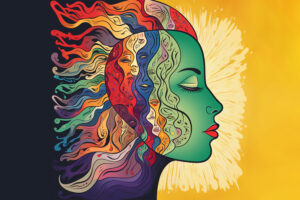Can psilocybin make you “worse”? Can it make your physical pain worse? Can it worsen psychological symptoms like anxiety or depression? When psilocybin is making headlines for its ability to achieve lasting, profound changes to your brain, the natural response is to question whether we can be sure those changes are positive or not.
Yes, it can make you worse, but probably not like you think
The answer to this question is a resounding yes, psilocybin can, without a doubt, make you feel worse, but the mechanisms in play may not be what you expect. Are you familiar with the “nocebo effect? It is the placebo effect’s evil cousin, the strange phenomenon where patients participating in medical studies will experience unpleasant side effects even when taking the placebo. They are taking sugar pills, but they still experience “side effects” such as headaches or stomach discomfort. Obviously, this is a psychological phenomenon. The symptoms will increase if the individuals are told to expect them.
Are the symptoms real? Absolutely. There is no doubt that these individuals are experiencing very real, physical discomfort. The placebo effect has very real potential to heal, and the nocebo effect has very real potential to harm. Psilocybin has significant benefits that have nothing to do with the placebo effect, but it also has effects that make us particularly open to suggestion. The same properties that are otherwise so beneficial, such as increased mental flexibility and open mindedness, will also make us more susceptible to the nocebo effect. You are more open to suggestion under the influence of psilocybin.

But can psilocybin physically harm you?
Overall, the physiological effects of psilocybin are positive. Outside of the disorienting effects of the trip itself, if you can manage to stay calm and collected, it comes with a plethora of health benefits. Psilocybin is a potent anti-inflammatory. It combats neuroinflammation and the type of inflammation that leads to atherosclerosis, the hardening and narrowing of the blood vessels that leads to heart disease. It also reduces inflammatory markers in the digestive tract. It can promote the growth of neuron connectivity lost due to chronic stress or depression and promotes neuroplasticity. There are even several biotech companies investigating similar substances for use in Alzheimer’s prevention.
But even with the science all indicating that psilocybin is physically harmless, we are all still susceptible to that thorough brainwashing we received growing up. Drugs are bad, right? If it’s illegal, it must be harmful, right? This is the cultural baggage most of us bring with us as we embark on our hopeful psychedelic healing journey, like it or not. It’s lurking somewhere in our unconscious.
Both placebo effects and nocebo effects are transient and self-limiting
Neither lasting harm nor lasting benefits are caused with either the placebo or nocebo effect. Many people with severe pain conditions initially report favorable results with therapies like acupuncture, Reiki, or cupping only to have the benefits fade after a few sessions. This is probably due to the placebo effect fading with time. The same applies to the nocebo effect. The good news is that if you do find yourself experiencing negative effects after, the effects probably won’t be persistent.
Will a sugar pill cure your cancer? No, it probably won’t cure anything. Will you feel better for a while? It’s possible you will, especially if you expect it to help, but it is not likely to be a long-term solution. Reality is going to come creeping back in. Are you going to damage yourself with psilocybin? No, no actual damage is going to occur. Could you feel negative symptoms? Yes, more so if you expect to do so, but the good news is that it will probably last as long as that sugar pill cancer cure mentioned above.
Psilocybin can damage us the same way a sugar pill can heal us.
If a sugar pill, combined with belief, faith, and hope, can achieve measurable, physiological changes and healing, then psilocybin combined with a little fear and suspicion can achieve at least that same amount of harm. It is truly a shame that our cultural baggage has poisoned so thoroughly our ability to benefit from these substances.
Flexibility is a double-edged sword.
The mental flexibility gained from psilocybin is truly phenomenal. It can help us break destructive habits and thought patterns. It can help us see ourselves and the world in a whole new light. Without a doubt, it can change your life. But in those delicate moments when you are a brand-new creature, pink and soft, struggling out of your shell into a new world, you are vulnerable to the burdens and expectations of your environment.
You must be very careful about the company you keep and the information you choose to consume at this point. Stick to the science. Stick to verified sources. There is so much misinformation out there regarding psychedelics, it makes it hard to know what to trust.
HPPD and Psychosis
Whenever discussing psychedelics, the terms HPPD and psychosis are bound to come up. They almost didn’t even make it into this article, but I figured their absence would be significantly noted. Just like in the above section, where I noted clearly that you should stick to the science? Mentioning this here feels like betraying that principle because the science doesn’t support it. Mental illness occurs in both the psychedelic community and the general population at about the same rate, 1%. So how is it that psychedelics are responsible for all this mental illness? With stats like that, just writing this paragraph feels like pandering to prejudice and bad science.
HPPD, hallucinogen persisting perception disorder, has never been documented with classic psychedelic use alone, only “mystery” party drugs and research chemicals.
The acute effects of psilocybin can feel like psychosis. The visual effects can also persist for several days or weeks after, especially if they are triggered further with cannabis, alcohol, or breathing exercises. Couple these effects with paranoid fear of schizophrenia and HPPD along with the impressionable state a trip leaves us in, and it’s a recipe for disaster. We are our own worst nightmare in this case.
Microdosing making anxiety worse?
One of the benefits of psilocybin is that is works for anxiety, PTSD, and depression without dulling down emotions like most prescription medications do. In fact, it generally makes you feel more, injecting a deep meaning into life that may have been missing. A full-on psychedelic trip is an exercise in chaos, with an abundance of chaotic connections and activity occurring in the brain.
Can we microdose chaos? Does everyone experience chaos the same? It seems a bit unpredictable to me. If you are taking a microdose large enough to “feel” something, many microdosing aficionados would say that you are taking too much. If you aren’t taking enough to feel anything, many researchers would say that any benefits observed are just a placebo. It’s all quite perplexing.
The feeling of microdosing enough to have a slight psychoactive effect can feel different for different people, just like each full therapeutic trip can feel different each time. It can feel a bit like a mild stimulant, with racing thoughts, like you drank too many shots of espresso. This can really amp up the anxiety for many people. It can give you a sleepy, heavy feeling in your limbs and make you super relaxed. It could give you mild euphoria, with a feeling of happiness and creativity. All these possibilities are on the table, and at all times.
If your microdose is contributing to anxiety, it is also causing you to be in a state of mind where you are more open to the idea of microdosing in general causing anxiety. These thoughts are likely to be self-perpetuating. The best route would probably be to avoid microdosing if you fall into this category.






One Response
I came to this article via way of changes I’ve experienced since microdosing w/ psilocybin. I’m particularly interested in the anti-inflammatory benefits. The information supplied in this article indeed answered my questions of which I’ve very appreciative.